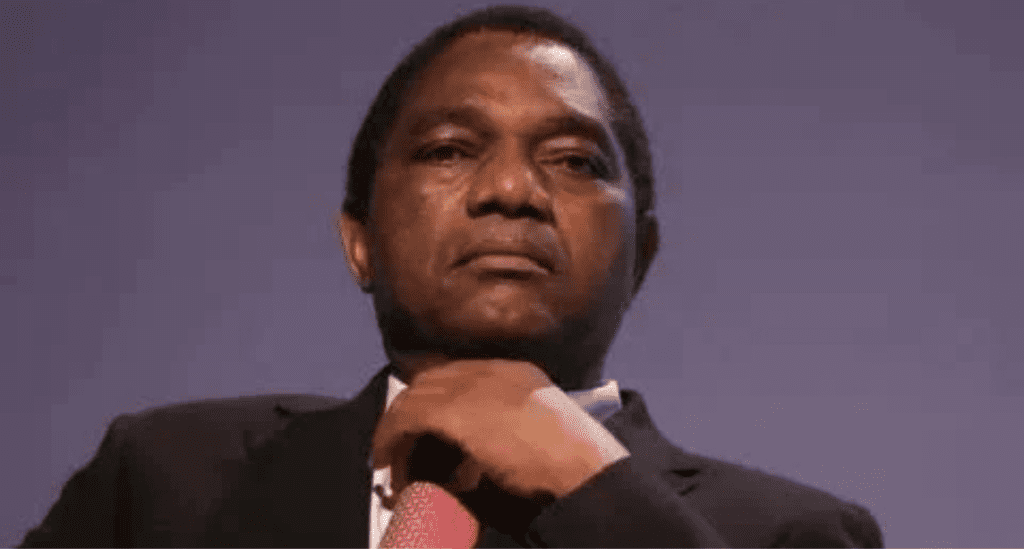Zambian authorities have arrested two individuals accused of attempting to use witchcraft to harm President Hakainde Hichilema, prompting public outcry and demands for their release.
The suspects, described as traditional healers, were apprehended in Lusaka, Zambia’s capital, following allegations of attempting to cast harmful spells against the President. The arrests were announced on Sunday, with police claiming the duo had been engaging in acts intended to harm the head of state.
A police spokesperson stated that the two men were found with items commonly associated with traditional rituals. Although details about their intentions and affiliations remain unclear, the authorities allege that the suspects were plotting a spiritual attack against President Hichilema.
The arrests have sparked mixed reactions among the public and civil society groups. Critics argue that the charges are baseless and rooted in cultural misunderstandings of traditional practices. Advocacy groups have questioned the evidence against the suspects, calling for their immediate release.
In a statement, a Nigerian activist joined the calls for leniency. The activist urged President Hichilema to drop the charges against the detained men, emphasizing the need for reconciliation and respect for traditional practices in Zambia and across Africa. “This case highlights the need for dialogue between cultural traditions and modern governance systems,” the activist said.
The controversy has also drawn attention to the broader relationship between traditional practices and state authority in Zambia. While witchcraft accusations remain contentious, many Zambians view traditional healing and spiritual practices as integral to their culture. However, such practices often clash with the legal and political frameworks of modern states.
President Hichilema, who has yet to comment on the matter, has positioned himself as a leader focused on economic reform and the rule of law. The case adds to his administration’s ongoing challenges in balancing cultural preservation with national security and governance.
The arrested suspects are currently in police custody awaiting formal charges. It remains unclear whether the government will pursue the case in court or consider the growing calls for clemency.
As Zambia grapples with this sensitive issue, the incident has ignited broader discussions about the intersection of tradition, spirituality, and governance in Africa.




















